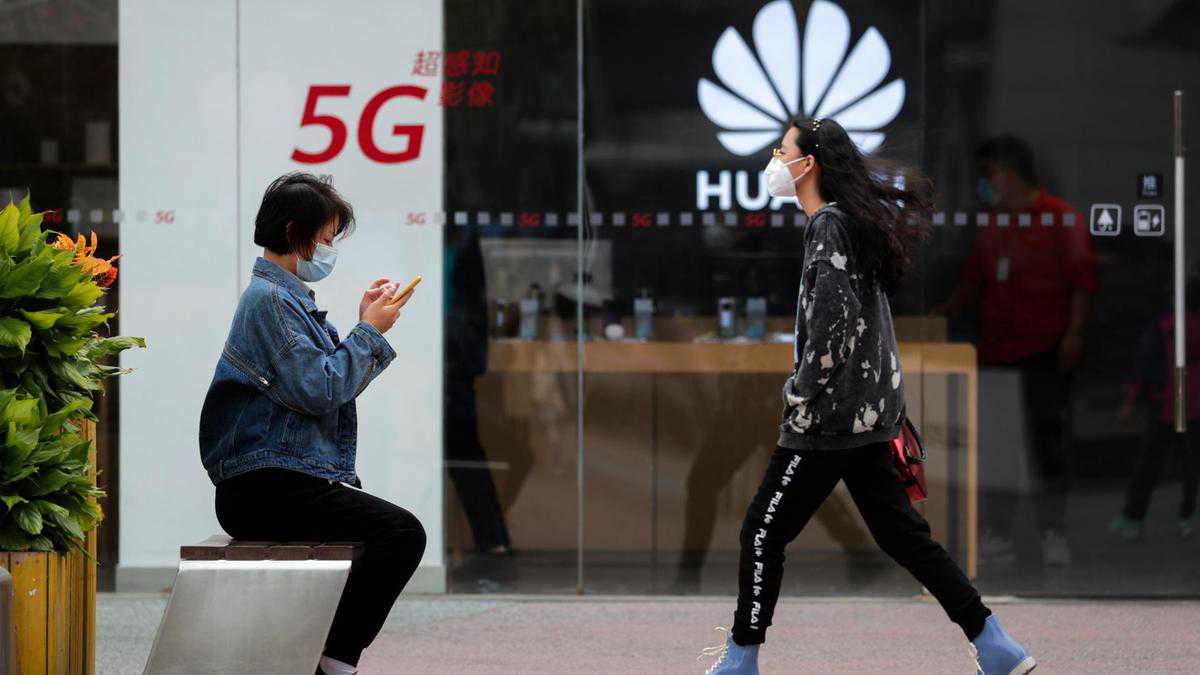Huawei sees more scope for autonomous cars in the centre East while 5G rolls out
12 April, 2021

Chinese telecoms manufacturer Huawei aims to capitalise on the fast-evolving electrical and autonomous vehicle industry as the business diversifies its offerings through home based business lines.
“With the wider roll-out of 5G connectivity in the region, we see huge scope in the region of electric and autonomous vehicles,” Charles Yang, Shenzhen-headquartered company’s Middle East president, told a press roundtable on Sunday.
“With incredibly less latency rate compared with 4G, [a] 5G network will support more sensors, linked devices, reduce the vehicles’ reaction time, make sure they are smarter, reduce the number of accidents and decrease emissions amounts,” he added.
A 5G network promises an internet speed of up to 1.2 gigabits per second, which will slowly but surely reach 10Gbps - more than 100 times faster than 4G.
Huawei is already dealing with various car manufacturers globally, including German manufacturers Audi, Volkswagen and Chinese car maker Baic Group.
The other day, it unveiled an electric car with Chinese auto company Arcfox. The automobile comes with a total suite of autonomous-generating features and will in the near future be launched commercially.
“We already are facilitating top car makers with this technologies and tools to develop the future vehicle technology. Presented the GCC governments’ push towards green strength, we see a large amount of potential,” added Mr Yang.
The Covid-19 pandemic has increased the focus on making the automobile industry greener.
Global sales of EVs accelerated this past year, rising 43 per cent to a lot more than 3.2 million, relating to Swedish data company EV-volumes.com.
Ongoing US sanctions have hobbled Huawei’s smartphone organization.
The company, that used to be among the most notable three smartphone manufacturers until the third quarter of this past year, is now the sixth-biggest with an 8 per cent market share, according to Counterpoint Research.
Despite operational difficulties brought about by the coronavirus outbreak and US sanctions, Huawei aims for strong growth on its Middle East business on 2021.
“[The] Middle East area has continued to execute well despite exterior pressures … we expect the same development momentum this season,” explained Mr Yang, without disclosing Huawei's regional revenue or profit.
“[The] GCC place is leading the universe in 5G deployment. We expect a strong uptick in our carrier business, which includes cloud industry and 5G networks, this year.”
In 2020, Huawei earned $27.7 billion from its product sales in Europe, Middle East and Africa, almost 20.2 per cent of its global revenues.
The company's annual revenue grew 3.8 per cent to $136.7bn and net profit increased 3.2 per cent to $9.9bn.
US-led sanctions have created supply chain disruptions, said Mr Yang, however the provider managed a smooth way to obtain its products which consists of own shares of chips.
The business, which employs a lot more than 197,000 people, has been engaged in a trade dispute with the united states administration, which considers the business to be a national security threat. The telecoms firm has repeatedly refuted promises that its goods could possibly be used for spying.
“We are working incredibly closely with the governments of the UAE, Saudi Arabia and different countries in the region. We regularly invite global cyber professionals to discuss the problem of protection,” said Mr Yang.
“But cyber security shouldn't be a responsibility of one company … we are doing our component quite effectively and spending large sums to guarantee the security of our products and services.”
The company, which has a lot more than 1 billion connected gadgets and 730 million Huawei smartphone users worldwide, handles more than 1,500 operators in over 170 countries.
Source: www.thenationalnews.com
